N.S.S.
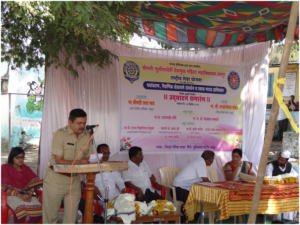
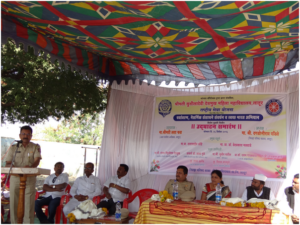
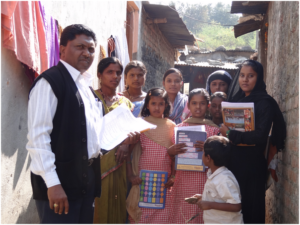
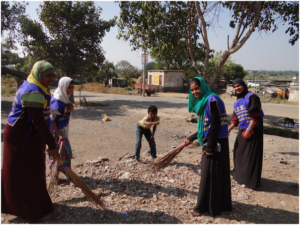
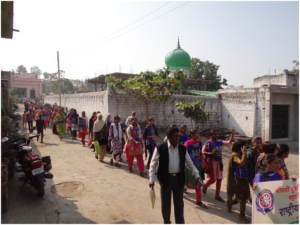
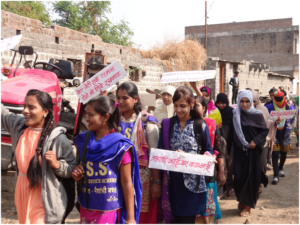
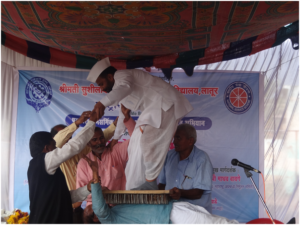
The National Service Scheme (NSS) was officially started on 24th September 1969, to establish a meaningful linkage between the campus and the community. Mahatma Gandhi, the Father of the Nation, had recognized that the country could not progress in a desired direction until the student youth were motivated to work for the upliftment of the villages/community. For Gandhiji, the villages, where majority of the population living, represent the country. Therefore for the national reconstruction and national resurrection it was deemed fit that the students and teachers should be properly sensitized and utilized for strengthening the Indian society as a whole with particular emphasis on rural community. Therefore, student youth, teachers and the community are considered as the three basic components of the National Service Scheme.
Vision
The vision is to build the youth with the mind and spirit to serve the society and work for the social uplift of the down-trodden masses of our nation as a movement.
Mission
The National Service Scheme has been functioning with the motto “NOT ME BUT YOU” in view of making the youth inspired in service of the people and hence NSS aims Education through Community Service and Community Service through Education.
Broad Objectives
• Understand the community in which they work
• Understand themselves in relation to their community
• Identify the needs and problems of the community and involve them in problem solving process
• Develop among themselves a sense of social and civic responsibility
• Utilize their knowledge in finding practical solution to individual and community problems
• Develop competence required for group living and sharing of responsibilities
• Gain skills in mobilizing community participation
• Acquire leadership qualities and democratic attitude Develop capacity to meet emergencies and natural disasters and Practice national integration and social harmony
Mahila Mahavidyalaya NSS Unit
The National Service Scheme (NSS) Units of Mahila Mahavidyalaya was started from the academic year 1990-91 with a view to establish a meaningful linkage between the institution and the Community. The College has one Unit with 100 volunteers under the guidance of one Programme Officer (P.O).